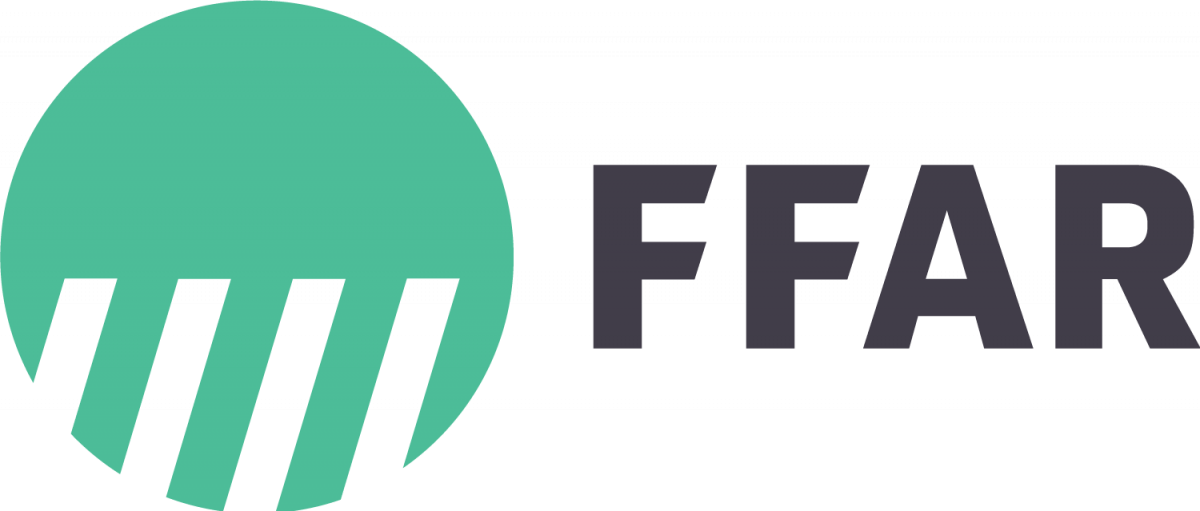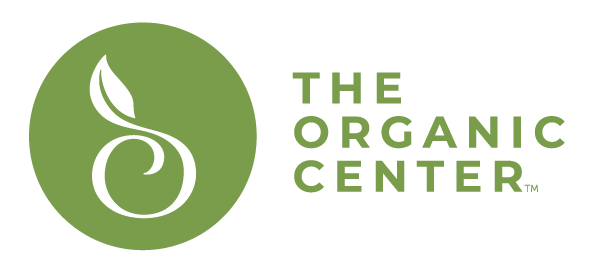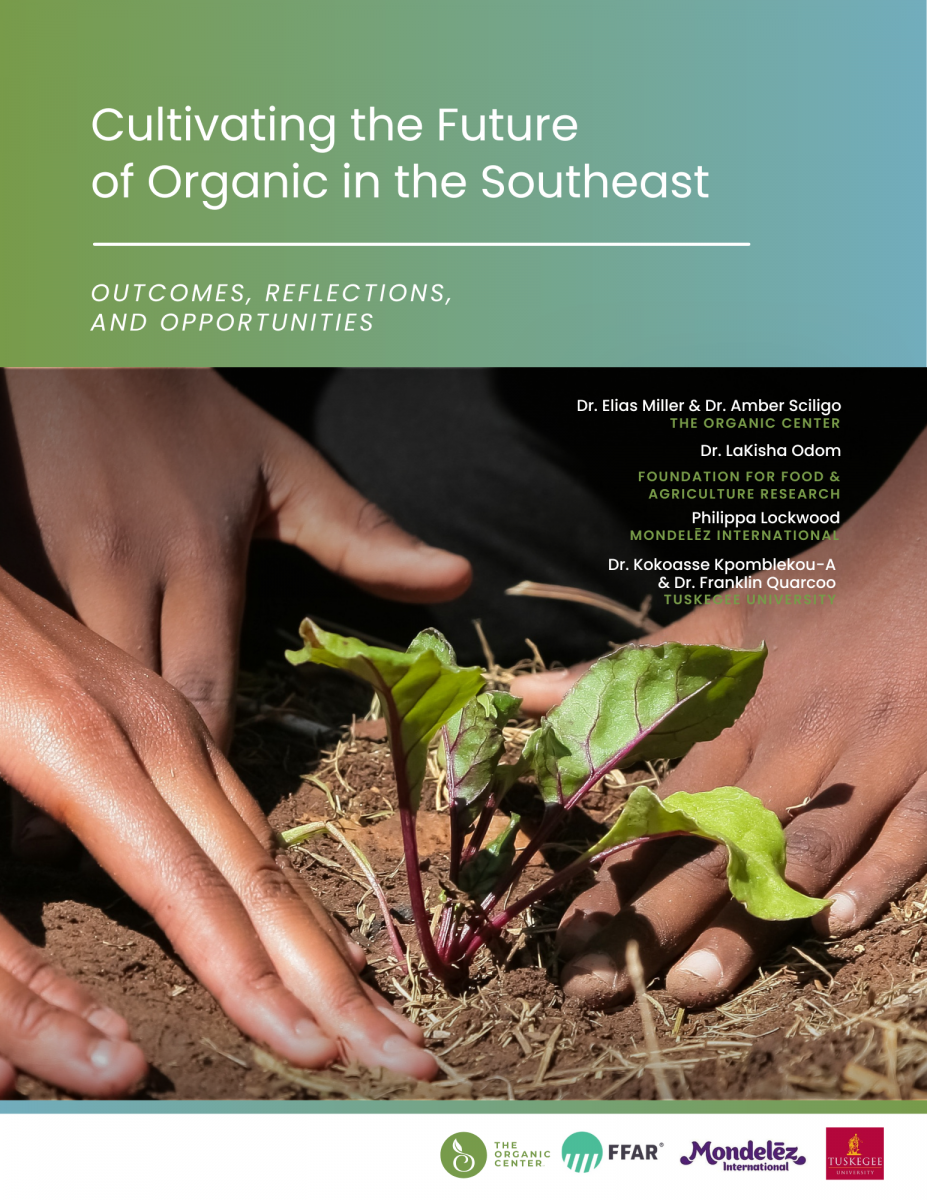Program Description
The Organic Center and the Foundation for Food & Agriculture Research (FFAR) started their public-private partnership in 2018 to support the growth of the organic industry and movement through funding impactful research and extension programs. They formalized their partnership with their first MOU in 2021 the goal to help farmers adopt more sustainable practices by cultivating stronger organic research and extension programs. Since the beginning of this partnership, The Organic Center and FFAR have executed three MOUs, each focusing on a different need as identified and funded by the organic community itself.
Read MOU Annoucement
History of FFAR and the role of The Organic Center as a private partner
Congress established FFAR in the 2014 Farm Bill to build public-private partnerships to fund bold research addressing big food and agriculture challenges. The legislation specified that for every dollar they invest in research, it had to be matched with a nonfederal dollar. This rule ensures that everything FFAR does is through partnerships. They work with farmer groups, industry players, universities, nonprofits and others to support public agriculture research, fill knowledge gaps and complement the United States Department of Agriculture’s (USDA) research agenda.
The Organic Center serves as a private partner representing the organic industry at larger. The center engages with stakeholders across the sector to understand needs from growing food with organic practices, to increasing public understanding of the value organic food and farming brings to the health of people and the planet.
A formal partnership is born and funding for programs begins
In September 2019, TOC and FFAR hosted an in-person convening to find common ground between the research needs of farmers, scientific expertise, and funding interests of industry members, as funding from industry partners would be required to implement partnership programming. This initial exploration evolved into a national needs assessment including a webinar, surveys and a whitepaper to summarize results and confirm the fit of our recommendations before launching official programming in 2021 and 2023, which focused on expanding knowledge exchange between farmers and outreach professionals, and investing in research projects explored soil health and climate change resiliency. The Organic Center managed the competitive grant programs for both of these MOUs, and then the partnership evolved in 2025 with a new look.
Read Convening Event Report Read 2021 Annoucement Read 2023 Annoucement
The partnership transforms
For their third MOU, finalized in 2025, The Organic Center and FFAR pivoted research and extension programming to a primary focus on low organic uptake regions, particularly in the Southeastern US. One major goal is to improve networking and resources that enable more collaborative and impactful research, farmers support, and public education of the benefits of organic farming. Instead of running a competitive grant program, The Organic Center will lead this work, implementing research and building networks through important collaborations with universities and non-profits in the focus areas.
Specific goals for this work include:
- Continue developing the network and convening opportunities to expand the impact of the in-person convening event held in conjunction with PAWC 2024.
- Build research resources for faculty and students at academic institutions.
- Increase the quantity and quality of outreach and extension to organic, transitioning and organic-aligned farmers and consumers.
- Build professional development for students and young professionals to better prepare them for work in the organic sector.
- Increase the visibility of resources and opportunities for funding, professional development, and networking for students, faculty, farmers and other agricultural professionals.
- Measure and share the impact of our funded work to date and communicate outcomes broadly to share the value of this kind of public-private partnership.
Questions?
Inquiries should be directed to here or to The Organic Center’s Manager of Science Programs, Dr. Elias Miller



